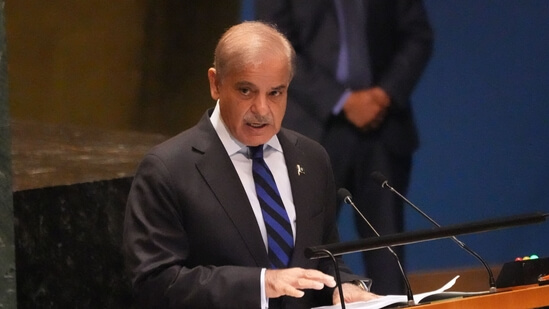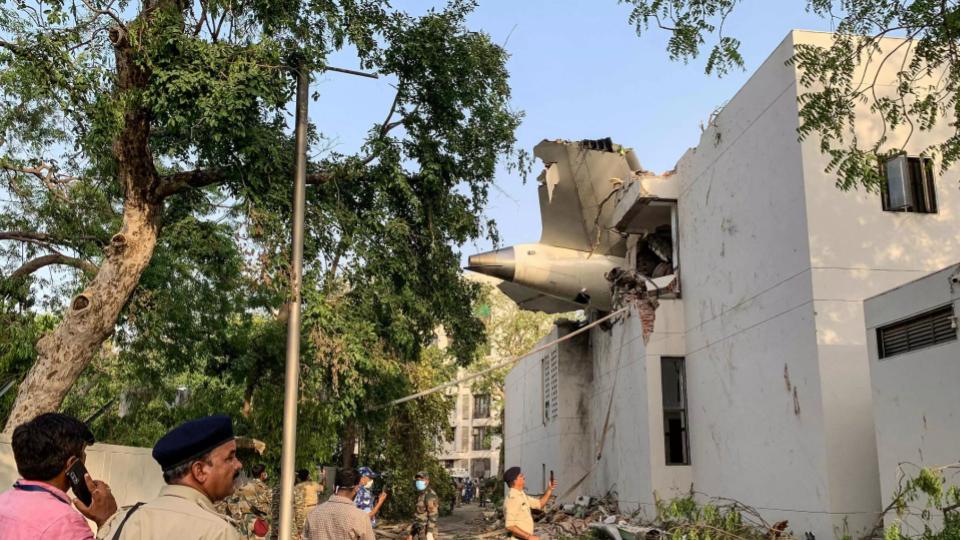India hit airbases with BrahMos before Pak could act, admits Shehbaz Sharif
Fri 30 May 2025, 00:43:22

Pakistani Prime Minister Shehbaz Sharif has admitted that its army was caught unawares on the intervening night of May 9-10 when India launched BrahMos missiles to strike key military bases, including the airport in Rawalpindi.
Speaking at an event in Azerbaijan, among the few nations to have sided with Pakistan, Sharif said the army, led by Asim Munir, had planned to attack India on May 10 after morning prayers. However, even before dawn, long-range supersonic BrahMos cruise missiles rained down on various provinces of Pakistan, the Prime Minister said.
Sharif said he was informed of the early morning attack by Munir, who has now been promoted to the rank of Field Marshal.
"On the night of May 9-10, we decided to respond in a measured fashion to Indian aggression. Our armed forces were prepared to act at 4.30 in the morning after Fajr prayers to teach a lesson. But before that hour even arrived, India once again launched a missile attack using BrahMos, targeting various provinces of Pakistan, including the airport in Rawalpindi," Sharif said during his speech in Lachin.
The Prime Minister's rare acknowledgement of
India's military response came in the presence of Asim Munir.
India's military response came in the presence of Asim Munir.
In fact, the Nur Khan airbase in Rawalpindi was among the 11 military sites targeted by India in response to Pakistan launching drone and missile attacks on civilian areas along the western border.
The airbase, a stone's throw away from the Pakistan Army Headquarters in Rawalpindi, houses top-of-the-line military aircraft such as Lockheed C-130 Hercules and Ilyushin Il-78 refuellers. Analysis of satellite imagery indicates damage to at least two military transport vehicles.
Apart from Nur Khan, India struck Pakistani military bases at Rafiqui, Murid, Rahim Yar Khan, Sukkur and Chunian. The air bases in Skardu, Bholari, Jacobabad and Sargodha also suffered extensive damage.
Sources said that India launched around 15 BrahMos missiles from Su-30MKI jets for precision hits on airbases - all of which have been corroborated by satellite images.
The 'fire and forget' missiles also bypassed Pakistan's Chinese-origin air defence systems as it hit the military sites. The missiles, made in collaboration with Russia, can strike targets up to 300 km away.
No Comments For This Post, Be first to write a Comment.
Most viewed from National
Most viewed from World
AIMIM News
Latest Urdu News
Most Viewed
May 26, 2020
Where should be the burial of the pilgrims martyred in the Saudi Arabia bus accident?
Latest Videos View All
Like Us
Home
About Us
Advertise With Us
All Polls
Epaper Archives
Privacy Policy
Contact Us
Download Etemaad App
© 2025 Etemaad Daily News, All Rights Reserved.





































.jpg)
.jpg)
.jpg)


